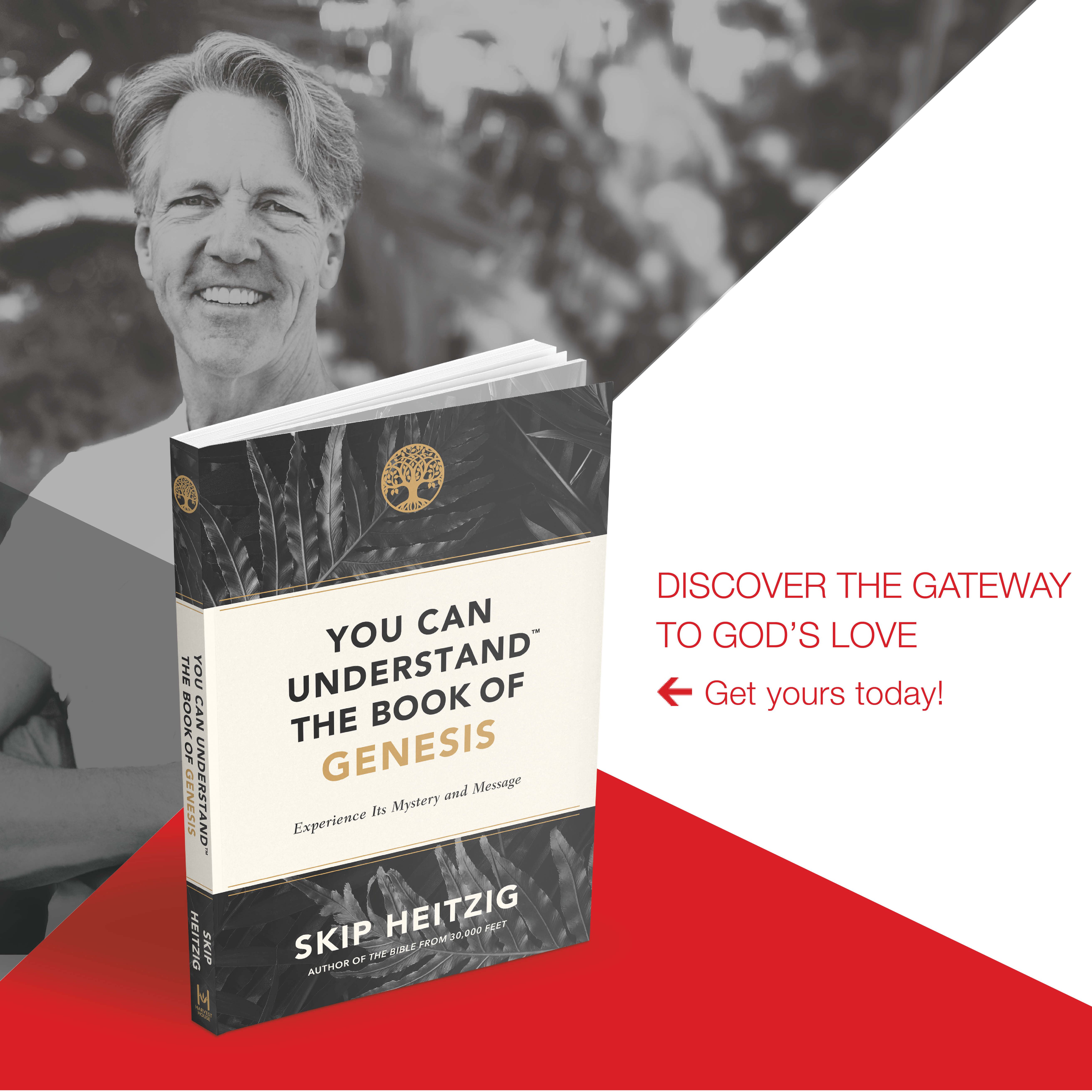May 3, 2019
Can Truth Grow in You?
By Skip Heitzig
Did you know listening to truth can be dangerous? Listening to the Word of God can be hazardous to your health if it doesn't go deeper than just entertainment or knowledge value. Unless it's deepening your walk with the Lord, it could actually be putting a callous over your heart.
This is the point Jesus made through the telling of parables, stories that use earthly pictures to illustrate heavenly principles. Parables either reveal truth or conceal it. For people who already have a spiritual understanding, parables deepen that understanding.But for those who marginalize the truth or whose hearts don't want to receive it, parables conceal the truth.
In Mark 4, Jesus shared one of the most well-known parables about a sower scattering seed in different soils. The story has three main elements to it, and it can tell us a lot about our hearts and their receptivity to the truth:
1. The seed is the truth of God (see v. 14). There's great potential for life in the gospel just as there's great potential for life in a seed.
2. The sower probably originally referred to Jesus Christ (see v. 14). He was the one speaking to the crowds and giving out the gospel truth. But because He has since commissioned His disciples to "go into all the world and preach the gospel" (Mark 16:15), the sower now refers to the person who dispenses the gospel.
3. The soil is the heart, and it has great potential. Jesus described the activity of the seed in four different types of soil. The seed that fell "by the wayside," the hardened footpath, represents those who, "when they hear, Satan comes immediately and takes away the word that was sown in their hearts" (v. 15). This is the calloused heart that's just not open to spiritual truth.
The seed "sown on stony ground" are those "who, when they hear the word, immediately receive it with gladness; and they have no root in themselves, and so endure only for a time. Afterward, when tribulation or persecution arises for the word's sake, immediately they stumble" (vv. 16-17). This is the emotional hearer who's so glad to hear the gospel, but when they get challenged in their faith, they fall.
"Now these are the ones sown among thorns; they are the ones who hear the word, and the cares of this world, the deceitfulness of riches, and the desires for other things entering in choke the word, and it becomes unfruitful" (vv. 18-19). This is the crowded heart of a believer who hasn't really make a break with the world.
"But these are the ones sown on good ground, those who hear the word, accept it, and bear fruit: some thirtyfold, some sixty, and some a hundred" (v. 20). This is the fruitful heart. It's receptive, open to the truth, and fertile—it produces a 3,000, 6,000, and 10,000 percent return on one's spiritual investment. That's incredible.
But you have to actively cultivate this kind of heart. As Solomon instructed, "Keep your heart with all diligence, for out of it spring the issues of life" (Proverbs 4:23). Otherwise,ahuman heart left to itself will become barren. So let's "break up [our] fallow ground" (Jeremiah 4:3) this week, allowing the seed of truth of the Word to not harden our hearts but rather penetrate deeply and bear forth fruit continually.
Copyright © 2019 by Connection Communications. All rights reserved.
Connect with Skip Heitzig May Resource
You Can Understand the Book of Genesis
Understanding the book of Genesis is crucial to understanding the rest of the Bible. So start at the beginning with Skip Heitzig's You Can Understand the Book of Genesis. Learn not just the origins of man, marriage, and the family, but also the origins of God's plan for redemption.
For more from Skip Heitzig, visit ConnectionRadio.org, and listen to today's broadcast of The Connection with Skip Heitzig at OnePlace.com.



